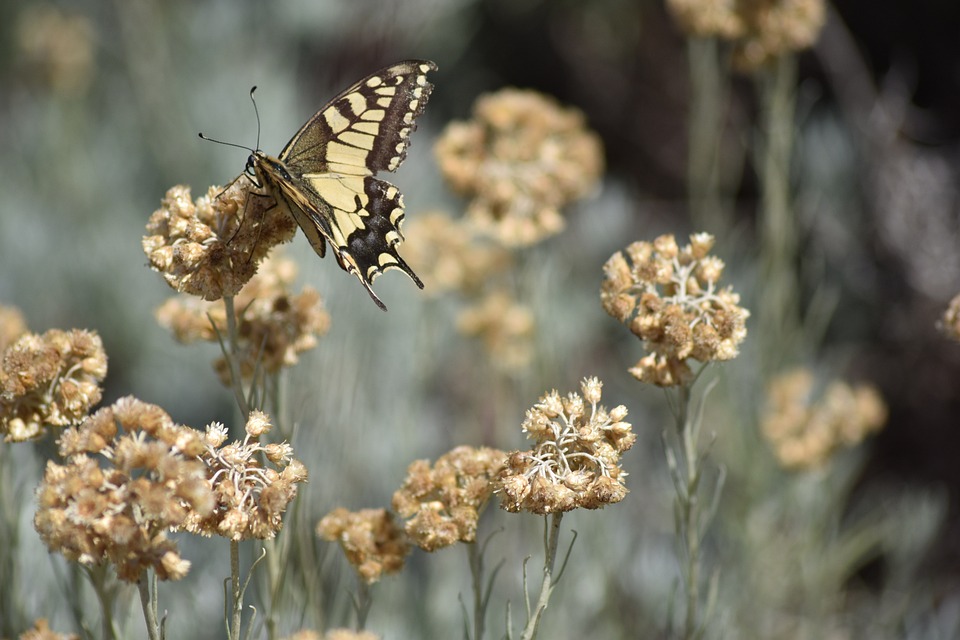Hydration for Pet Care
The Surprising Detriment of Dehydration in Cats: How to Ensure Proper Hydration
The Surprising Detriment of Dehydration in Cats: How to Ensure Proper Hydration
When it comes to the health and well-being of our feline companions, proper hydration is often neglected or overlooked. However, dehydration can have severe consequences on a cat’s overall health and can lead to a variety of health issues. This article explores the surprising detriment of dehydration in cats and provides essential tips on how to ensure your furry friend stays properly hydrated.
The Importance of Hydration in Cats
Water is a vital component of a cat’s body, making up approximately 60-70% of their overall weight. Adequate hydration plays a crucial role in maintaining their overall well-being. It helps regulate body temperature, aids digestion, flushes out toxins, lubricates joints, and supports organ function.
When a cat becomes dehydrated, it can lead to a variety of health issues, including:
-
- Urinary tract infections
-
- Kidney stones
-
- Constipation
-
- Organ failure
-
- Decreased immune function
-
- Lethargy and loss of appetite
-
- Poor coat condition
-
- Increased susceptibility to illnesses
Recognizing Dehydration in Cats
It is essential to be able to recognize the signs of dehydration in cats. These include:
-
- Loss of skin elasticity: When you gently pull up the skin on the back of a properly hydrated cat, it should quickly return to its place. Dehydrated cats will have less elastic skin that takes longer to return to its original position.
-
- Sticky and dry gums: Healthy gums in cats are typically moist and pink. Dehydration can cause the gums to become dry and sticky.
-
- Decreased urine output: Cats should urinate regularly. If you notice a significant decrease in urine output, it could be a sign of dehydration.
-
- Dull and sunken eyes: Dehydrated cats may have sunken, lackluster eyes, indicating a lack of fluid in their bodies.
-
- Lethargy and excessive panting: Dehydration can cause cats to become lethargic and pant excessively as they struggle to regulate their body temperature.
Ensuring Proper Hydration in Cats
Fortunately, there are several steps you can take to ensure your cat stays properly hydrated:
- Provide fresh water: Always have clean, freshwater available for your cat. Ensure water bowls are clean and refill them daily. Some cats prefer running water, so a pet fountain might be a good investment.
- Wet food diet: Feeding your cat wet food can significantly increase their fluid intake. Canned cat food contains high moisture content, providing hydration along with essential nutrients.
- Water-rich treats: Consider offering your cat water-rich treats like cucumber or watermelon. These can be a tasty and hydrating addition to their diet.
- Multiple water sources: Place water bowls in different areas of your home, especially if you have multiple cats. This ensures easy access to water at all times.
- Pet fountains: As mentioned earlier, cats are often attracted to running water. Investing in a pet fountain can entice them to drink more water, ensuring hydration.
- Moisture in dry food: If your cat primarily consumes dry food, adding a small amount of water to it can increase their fluid intake.
- Regular monitoring: Keep an eye on your cat’s water intake and monitor their hydration levels. If you notice any signs of dehydration, consult your veterinarian immediately.
- Encourage play and exercise: Keeping your cat active and engaged can help stimulate their thirst and encourage drinking.
Frequently Asked Questions
Q: How much water should a cat drink per day?
A: Cats generally require 3.5-4.5 ounces of water per 5 pounds of body weight. However, this can vary depending on factors such as diet, activity level, and environmental conditions. Always ensure an adequate supply of fresh water.
Q: My cat doesn’t seem to drink much water. What should I do?
A: If your cat doesn’t drink much water, try offering different water sources, using a pet fountain, or incorporating wet food into their diet to increase their fluid intake. If concerns persist, consult your veterinarian.
Q: Can dehydration be prevented in cats?
A: Yes, dehydration can be preventable by ensuring your cat has access to fresh water at all times, providing wet food or water-rich treats, and monitoring their hydration levels regularly.
Q: Are there any specific water bowls or fountains recommended for cats?
A: There are numerous cat-specific water bowls and fountains available in the market. Look for ones that are easy to clean, have non-slip bases, and encourage cats to drink more with features like flowing water or appealing design.

